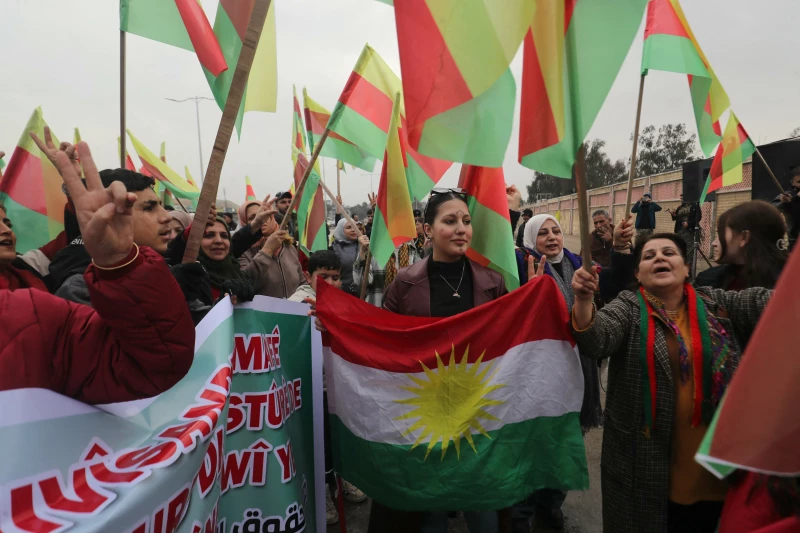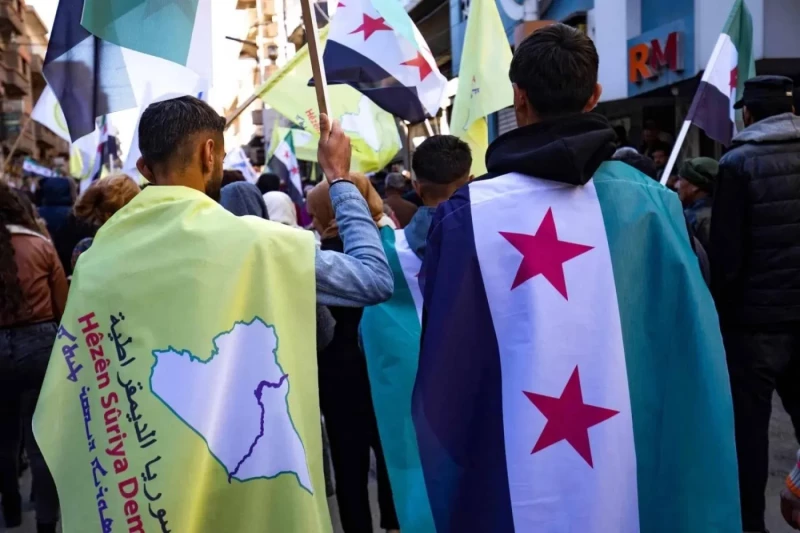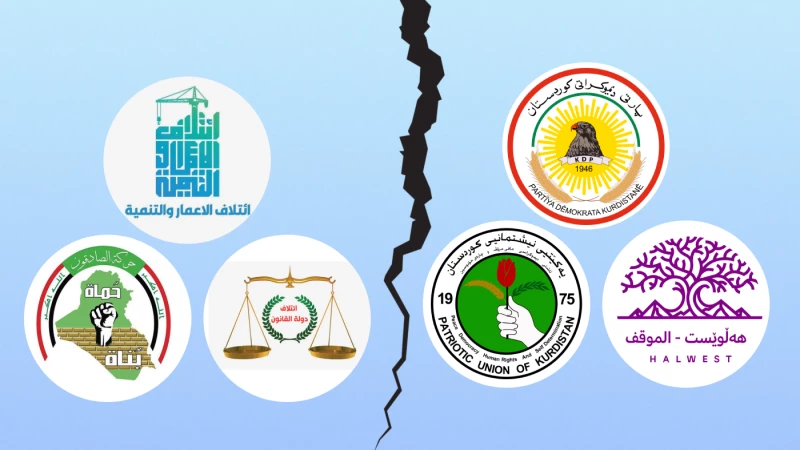Hayat Tahrir al-Sham (HTS) has toppled the regime of Bashar al-Assad and captured the capital city of Damascus in Syria. This is the result of a 13-year-long civil war and the culmination of a two-week operation. The rapidity of this collapse has taken many by surprise as Assad was backed by both Iran and Russia. Now that Assad has fled, and the government disbanded, it is to be seen which HST emerges to govern. Both the United States and the United Nations have designated HST as a terrorist organization as its leader Ahmed al-Shar'a, also known as Abu Mohammed al-Julani, was the leader of al-Qaeda in Syria as of 2011. Under Julani, the group claimed responsibility for bombing and attacks on Western forces. They attacked religious minorities, and their religious police enforced dress codes for women. Recently HTS has attempted to remake its image focusing on being a more civilian type of government and cracking down on extremist elements. HTS has, however, allowed armed groups to continue to run free in its territory and attack U.S. forces. Again, which HTS will emerge? Israel has already moved to secure its border with Syria, but the rest of the world has taken a wait-and-see attitude.
The next move from the West will be diplomatic outreach. Here we will quote the headline of an article by Afif Safief in 2008, “Diplomacy in the Middle East: The Art of Delaying the Inevitable.” Everyone is hoping for the best outcome now that Assad is gone. Syria is a complex country with a diverse culture. While mostly Muslim, it has a minority of Christians and others. While mostly Arab, it contains a large Kurdish population. The clash between this new government and Kurdish forces is inevitable, as is the violent response from Iran through its proxy Hezbollah.
Following more than 50 years of Assad family rule, the country must find its heading. Historically the initial impact of a new regime is negative. Going back to the English and French revolutions there were long periods of blood baths. In the Middle East, we can look at the Egyptian overthrow of the King in the 1950s and the aftermath that led to military dictatorship. Iran has maintained a strict Islamic dictatorship that has seen suppression of all opposition. Lastly, we must look at the Taliban and their repressive region and suppression of all rights.
What has happened in the Middle East over the last few decades is a constant shift in ideology that has bounced between some form of socialism and Islamic extremism. There are some nations that maintain stability such as Saudi Arabia, but at a cost of freedom. This latest shift in Syria is likely to be the beginning of yet another chapter of violence and repression. While once again we must wait and see which HST emerges from the ashes.
One thing we can reasonably assume is that, with Russia tied up in Ukraine this will mostly be, in the short term, a regional affair. There is however nothing short-term in the Middle East.
The views expressed in this article are those of the writer and do not necessarily represent the position of The New Region

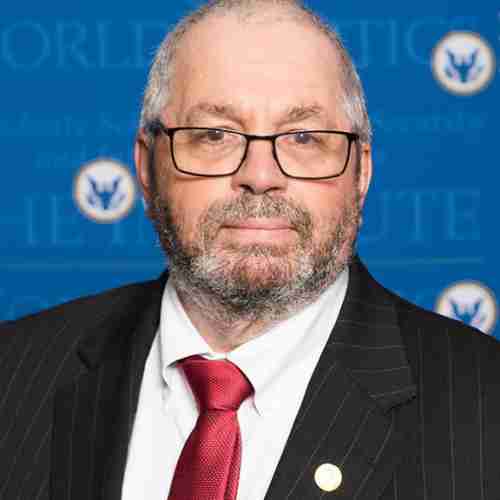
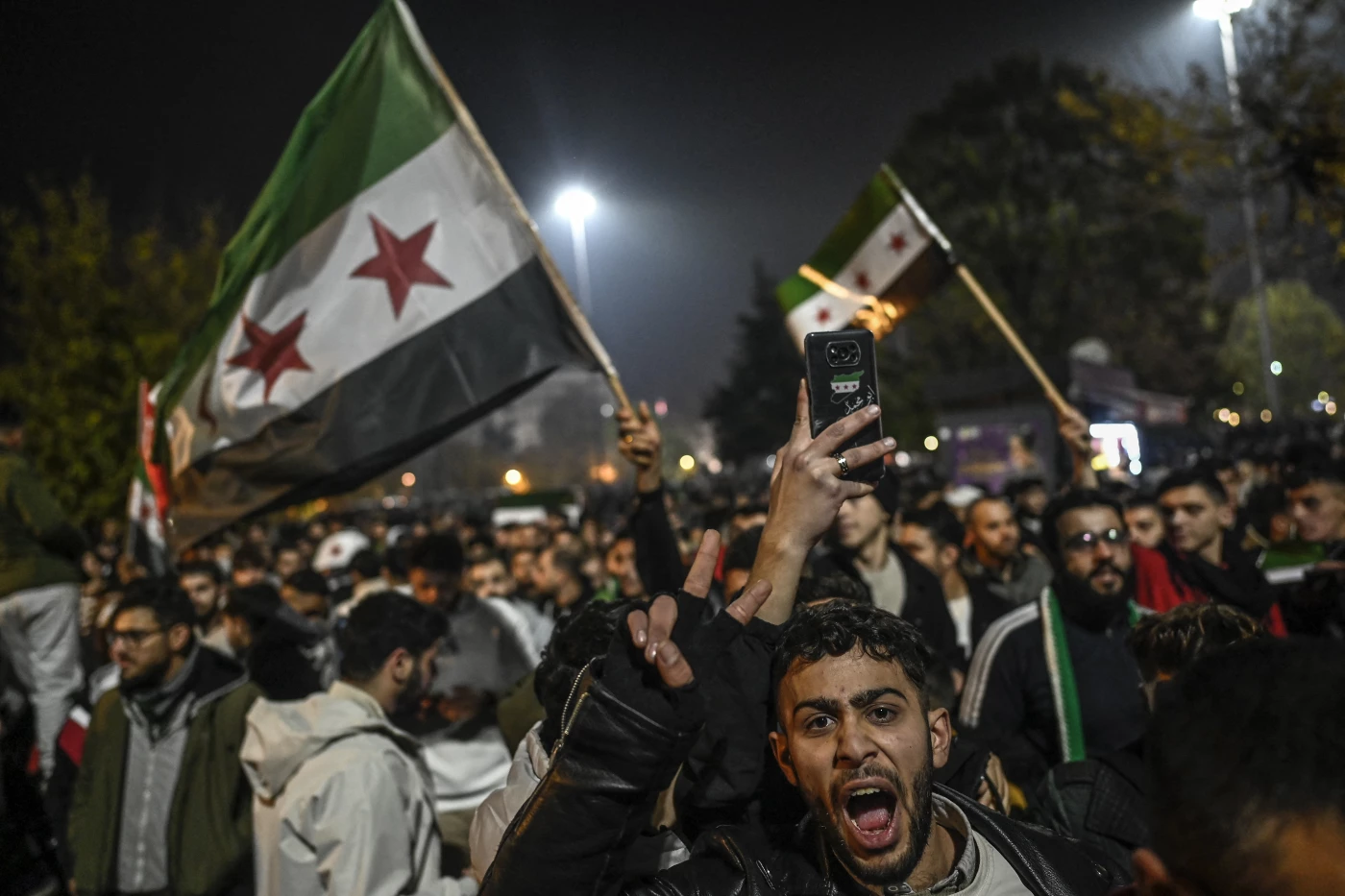
 Facebook
Facebook
 LinkedIn
LinkedIn
 Telegram
Telegram
 X
X
